Outdoor kitchens have become increasingly popular as homeowners seek to extend their living spaces and create a seamless transition between indoors and outdoors. Whether you’re a seasoned outdoor chef or just enjoying the occasional barbecue, maintaining your outdoor kitchen is essential for longevity and optimal performance.
Here are some essential tips to maintain your outdoor kitchen in top shape, ensuring years of enjoyable outdoor cooking.
1. Safeguard Your Outdoor Kitchen Surfaces
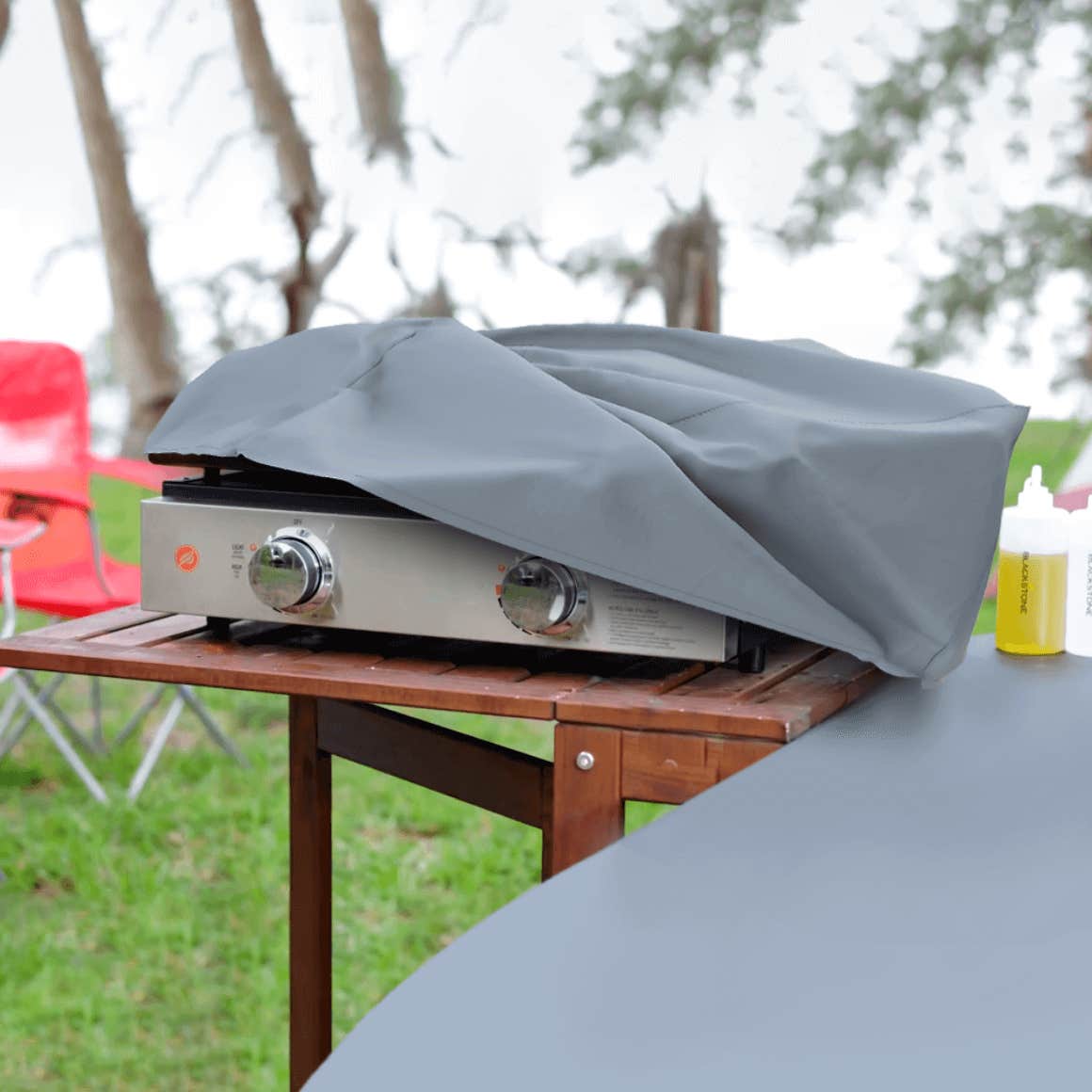
The buildup of grease, dirt, and other contaminants that can compromise the appearance and integrity of your outdoor kitchen. Regular cleaning out surfaces not only maintains a sparkling appearance but also prevents the formation of stubborn stains that can be challenging to remove over time.
Here are a few tips on how to clean outdoor kitchen, to ensure a deep cleanse to your outdoor kitchen, without diminishing its shine:
- Use a mild, non-abrasive cleaner to wipe down all surfaces regularly.
- When applying the cleaner, use a soft microfiber cloth or sponge to avoid scratches.
- Pay special attention to intricate areas such as handles and corners where dirt tends to accumulate.
- Address any signs of wear, discoloration or damage, without any delay to prevent them from escalating.
- Regularly empty and clean drip trays beneath the bbq to avoid fire hazard and deter pests.
2. Preserve the Charm of Outdoor Kitchen Bar
An outdoor kitchen bar serves as a dynamic entertainment hub that offers a designated space for socializing, dining, and hosting gatherings. It transforms outdoor spaces into lively venues for friends and family to enjoy drinks and meals in the fresh air.
It is very important to upkeep the outdoor kitchen to maintain its aesthetics and ensure its longevity. Regularly clean your outdoor bar with a gentle detergent and rinse thoroughly. Further, ensure its safety by protecting it with a weather-resistant outdoor kitchen bar cover.
3. Ensure Optimal Upkeep of Your BBQ
The heart of any outdoor kitchen lies in its bbq, so pay special attention to its upkeep. Before each use, preheat the bbq too high to burn off any remaining residue from the last cooking session. After cooking, brush the grates thoroughly with a bbq brush to remove leftover food particles.
Check the propane tank for signs of leaks or damage. If you notice any irregularities or suspect a gas leak, turn off the gas supply immediately and seek professional assistance. Furthermore, consider covering it with sturdy bbq covers when not in use to protect it from rough weather conditions.
4. Protect Stainless Steel
While stainless steel exhibits resistance to rust and corrosion, these effects can gradually develop over time. Prolonged use may also result in scratches on the surface of the appliance. Be mindful of these outdoor kitchen care tips in winter ensure protection to your stainless-steel equipment from damage:
- To eliminate stains and smudges, use a mild cleaner to prevent corrosion.
- Opt for microfiber cloths or soft brushes, instead of abrasive materials for cleansing.
- Refrain from cutting directly on the steel surface, instead, use a cutting board.
- Polish the steel with a specialized polish for a restored and gleaming appearance.
5. Clear Your Kitchen Surroundings of Debris
Creating an inviting outdoor kitchen space goes beyond the design and functionality of the cooking area. To keep the outdoor kitchen functioning smoothly throughout the year, it is important to regularly sweep and clean the entire outdoor kitchen area to remove leaves, dirt, and other debris.
Pay attention to corners and hard-to-reach spaces where debris can accumulate. Keeping the area around your outdoor kitchen clean not only enhances its appearance but also prevents potential tripping hazards.
Furthermore, avoid planting trees or bushes too close to your kitchen, as falling leaves, branches, and bird droppings can create a mess and potentially damage surfaces.
6. Invest in Protective Covers for Appliances
Investing in high-quality covers for your outdoor kitchen appliances is a simple yet effective way to shield them from the elements. Covers provide protection against rain, dust, and UV rays, preventing rust, corrosion, and fading. Make sure to choose covers specifically designed for your appliances, ensuring a snug fit that covers all exposed parts. During periods of non-use or inclement weather, always cover your appliances to prolong their lifespan.
Use outdoor bar island covers to provide essential protection for your outdoor bar setup, shielding it from the elements and ensuring its longevity by safeguarding against rain, sun, and other environmental factors.
Also, consider installing a pergola or canopy as it not only provides shade but also protects your outdoor kitchen from prolonged exposure to the sun and harsh weather elements.
7. Regularly Check Your Ventilation Systems
Keep ventilation systems clear of debris and obstruction. This ensures proper airflow and prevents smoke buildup during cooking. Check the exhaust hood and vents for any signs of blockage, such as accumulated grease or nesting materials. Clean or replace filters as recommended by the manufacturer.
Additionally, maintain a clear area around your firepit to prevent potential fire hazards. Regularly remove leaves, debris, and flammable materials from the surroundings, ensuring a safe and enjoyable outdoor experience. Invest in durable fire pit covers to ensure a longer lifespan for your firepit.
8. Proper Waste Disposal
Maintaining a proactive waste management system in your outdoor kitchen is crucial for a seamless and hygienic cooking experience. Beyond installing a dedicated trash bin with a secure lid, consider placing it strategically to encourage easy disposal without disrupting your cooking flow.
Use sealed compost or waste bags while disposing of food scraps. This not only ensures a secure containment of organic matter but also facilitates convenient disposal without compromising hygiene.
9. Regular Inspections and Maintenance
Conduct regular inspections of your outdoor kitchen to identify any potential issues before they escalate. Check for loose screws, damaged seals, or signs of rust. Pay special attention to gas lines, connectors, and hoses, ensuring they are intact and free from leaks. Schedule professional maintenance at least once a year to address more intricate issues and ensure your kitchen is operating at peak efficiency.
Conclusion
By following these outdoor kitchen maintenance tips, you can ensure that your outdoor kitchen remains a functional and enjoyable space for years to come. Regular maintenance, proper cleaning, and thoughtful planning are key to preserving the aesthetic appeal and performance of your outdoor kitchen. Following a consistent upkeep routine will reward you with a durable and welcoming outdoor kitchen that’ll not only enhance your home but also elevate your overall lifestyle.



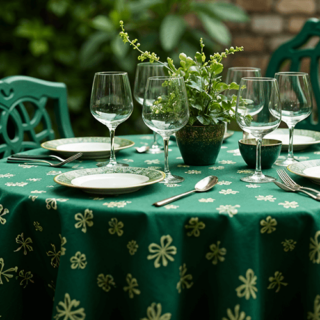


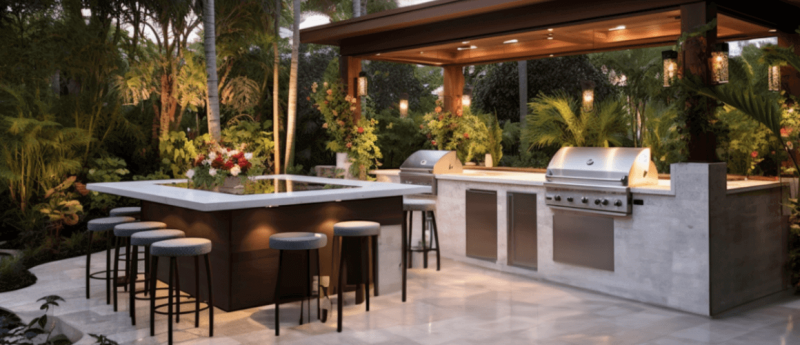
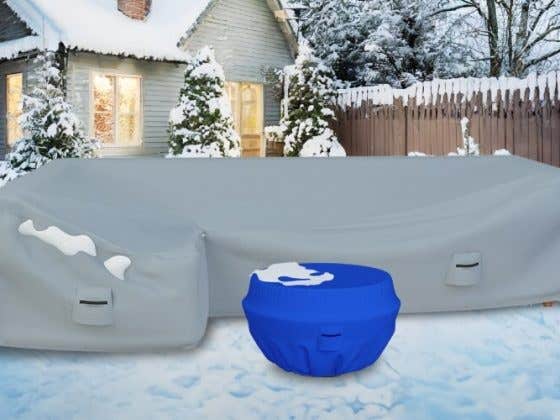
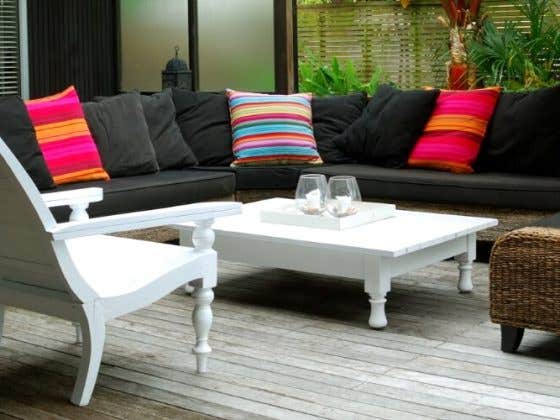

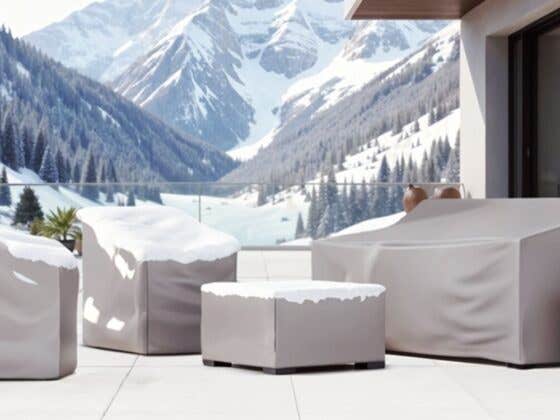


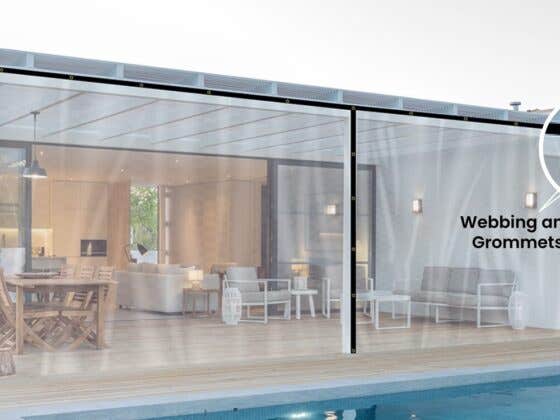
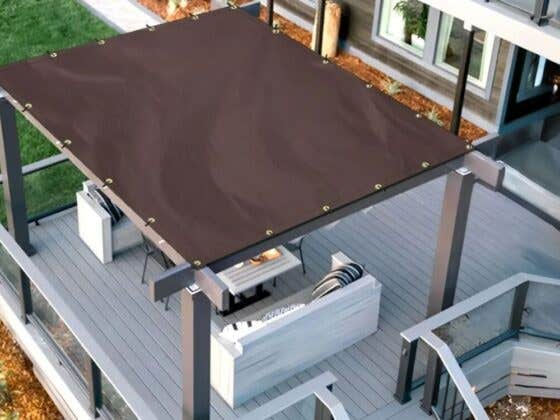
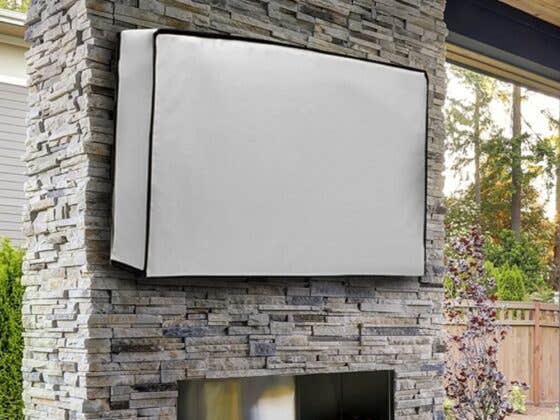
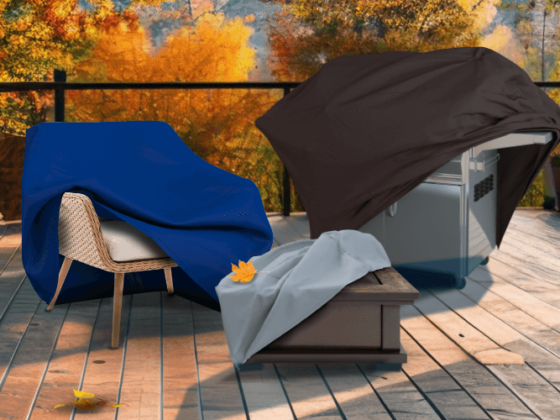
Recent Comments